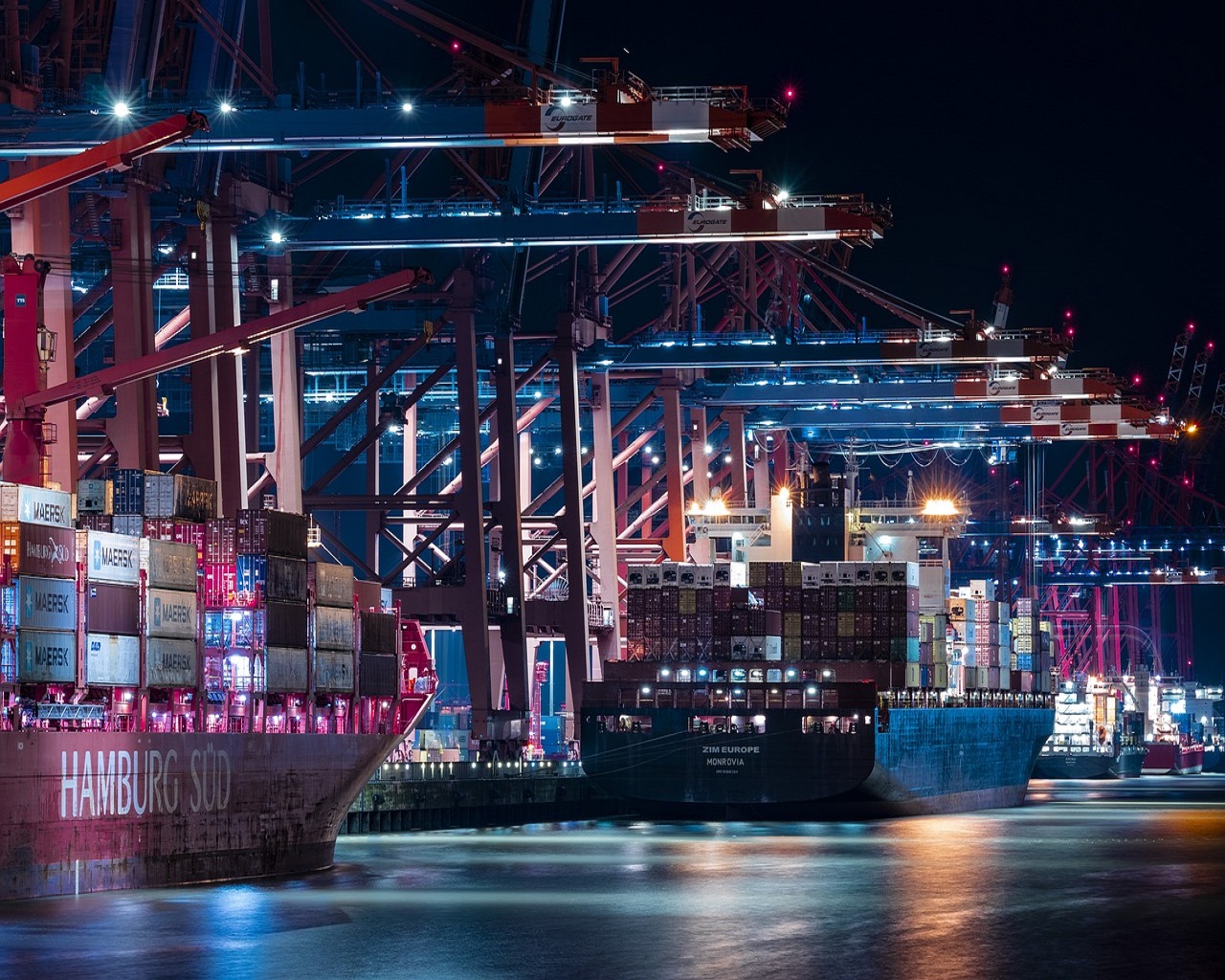Amendments to the Ports Regulation (“Regulation”) were published in the Official Gazette and entered into force on 14 April 2023. The amendments were introduced with the general intention of keeping up with technological developments, supporting maritime trade, protecting safety of life and the environment and eliminating practical problems. Some important amendments will be highlighted below.
- Basic amendments were laid down to the Port Single Window System (LTP), through which notifications of vessels departing from and arriving at Turkish ports are submitted to the relevant authorities, and introduced the Port Management Information System (LYBS), to enable Harbour Masters to check the notifications made over the LTP System and issue permits for anchoring and port clearance. Accordingly, pre-arrival notifications are required to be submitted electronically over the LTP but the Harbour Master may require the submission of physical documents where necessary. Deficient or late data entries through the LTP would lead to a TRY 1,000.00 administrative fine imposed separately for each data entry.
- The term “dangerous cargo” is now being defined in the Regulation in line with the international conventions to which Turkey is a party. The following fall within the scope of the definition: (i) oil and oil products listed at Annex I Appendix I of MARPOL; (ii) packed substances and objects under Chapter 3 of the IMDG Code; (iii) bulk cargoes listed in the IMSBC Code Appendix 1 which contain a UN number in their Bulk Cargo Shipping Name; (iv) noxious liquid substances marked "S" for safety hazards and "S/P" for safety and pollution hazards listed in the column "d" titled "hazards" under Chapter 17 of the International Code for the Construction and Equipment of Vessels Carrying Dangerous Chemical Cargoes in Bulk (IBC Code); (v) substances that are in a gaseous state and specified in the International Code for the Construction and Equipment of Vessels Carrying Liquefied Gases in Bulk (IGC Code). Accordingly, vessels exceeding 500 GT that carry dangerous cargo have to use a pilot while berthing at and departing from Turkish shore facilities. They must also document their dangerous cargo over the LTP to the relevant Harbour Master before their arrival. Administrative fines to be imposed for breach of national and international rules that regulate the transportation of dangerous goods by sea are determined by the Regulation on the Transportation of Dangerous Goods by Sea and Safety of Loading.
- Bunker supply vessels not exceeding 3000 GT and bunker supply vessels not exceeding 5000 GT whose main thrust system is certified to use alternative and environment-friendly energy sources are not obliged to be accompanied by a pilot and tugboats, provided that they are commanded by a master who has received the relevant training required by the General Directorate of Maritime Affairs.
- All vessels arriving at Turkish ports must use the proper fuel as per the rules stipulated under Annex VI of MARPOL and national legislation and keep orderly and correct logbook records of fuel switch operations. Vessels that fail to use the proper fuel shall be fined in the amount of TRY 80,000.00 and the failure to keep orderly and correct logbook records will attract a fine of TRY 20,000.00.
- On vessels subject to pilotage, the pilot assigned shall check the compliance of the vessel with load line requirements. Non-compliant vessels shall be refused pilotage services and reported to the Harbour Master.
- The Regulation now grants an exemption from compulsory pilotage services to Ro-Ro vessels with high maneuvering capacity, which are younger than 20 years, having at least two independent main engines and two propulsion systems alongside a bow thruster or having single main engine equipped with bow and stern thrusters, having the ability to be commanded from the bridge by a master who has performed at least five berthing and five departure maneuvers under pilotage/towage, limited to the port facilities specified in the letter of conformity that they have received to conduct regular voyages between shore facilities of Turkey and other countries.
The amendments are aimed at improving maritime trade, enabling the safety of life, property and the environment, and the prevention of pollution. The Regulation entails administrative sanctions and fines for those who do not abide by its provisions. However, the authorities also granted vessels using alternative fuels and Ro-Ro vessels that are specified in the Regulation, exemptions from pilotage and towage in order to support the green policies and the Turkish maritime industry.
Please do not hesitate to contact us for any questions that you may have on the amendments outlined above as well as regarding several other recent amendments to the Regulation.



